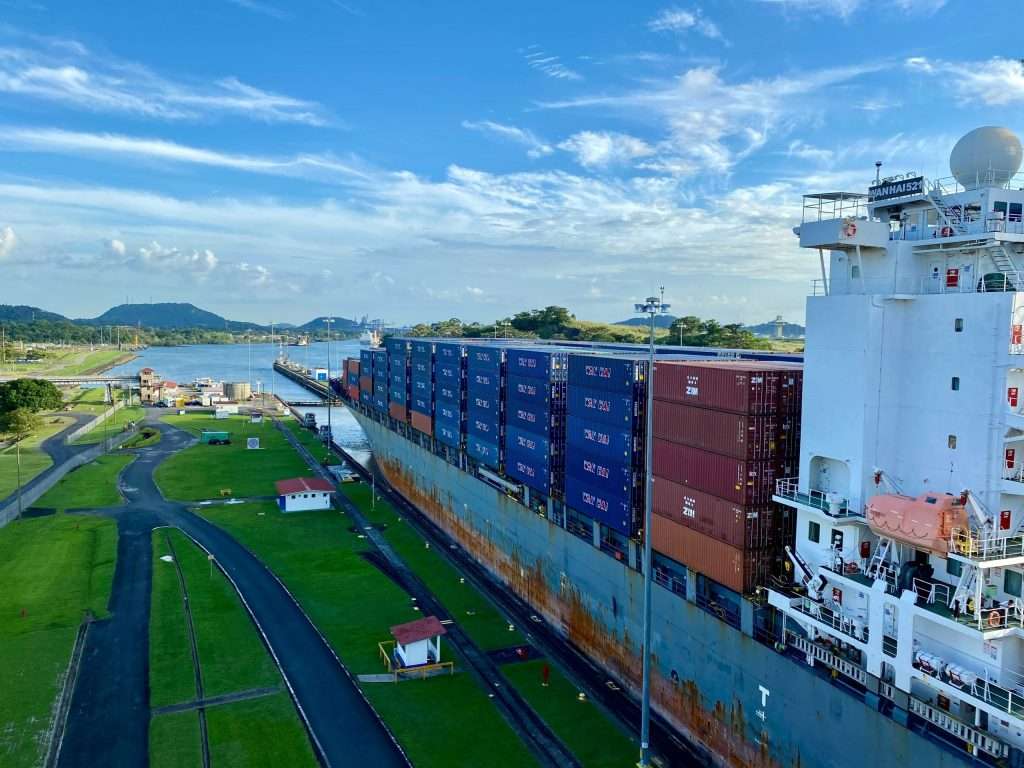The landscape of global procurement is fraught with challenges, as highlighted by Deloitte’s 2023 Global CPO Survey. Over 70% of chief procurement officers (CPOs) have observed a rise in procurement-related risks and supply chain disruptions.
Inflation and supply shortages are at the forefront, significantly impacting operations over the past year. The unpredictability of geopolitical events, such as the Houthi rebel attacks affecting shipping routes and the Russia-Ukraine conflict disrupting grain exports, has compounded these challenges. Additionally, climate-induced changes, like the drought in the Panama Canal Zone, are further straining supply chain operations.
Navigating Through Data Complexity
The key to managing these risks lies in a strategic, data-driven approach. However, procurement teams face hurdles in achieving total spend visibility due to issues like lack of real-time data, data silos, inconsistent processes, and poor data quality.
These barriers lead to a lack of confidence in data accuracy among procurement teams and executives, which hinders strategic decision-making.
A Data-Driven Approach for Resilience
To combat these challenges, CPOs need robust tools that leverage artificial intelligence and advanced analytics. AI-driven spend intelligence tools can centralize and analyze data, providing insights into spending patterns, procurement initiatives, and supplier performance.
These tools help answer critical questions about spend allocation, affected business units, and potential alternatives for high-risk suppliers or disrupted regions. With AI-enabled spend intelligence, businesses can make faster, more accurate decisions, tapping into emergency stocks or contingency sourcing plans, and reevaluating long-term sourcing strategies.
Enhancing Procurement Performance
Real-time spend intelligence also supports financial and non-financial goals, such as sustainability and ethical sourcing. Procurement performance management (PPM) tools offer a centralized platform for managing procurement projects transparently.
Despite the benefits, PPM is underutilized, with many teams still relying on spreadsheets for tracking performance indicators. Embracing advanced analytics and PPM technologies can help procurement teams overcome disruptions and achieve resilience, turning global challenges into opportunities for strategic growth and performance enhancement.
In conclusion, leveraging advanced data analytics and AI-driven technologies is paramount for modern procurement leaders to navigate supply chain disruptions, manage risks, and enhance overall performance. By adopting a strategic, data-driven approach, businesses can transform challenges into opportunities for growth and resilience.







